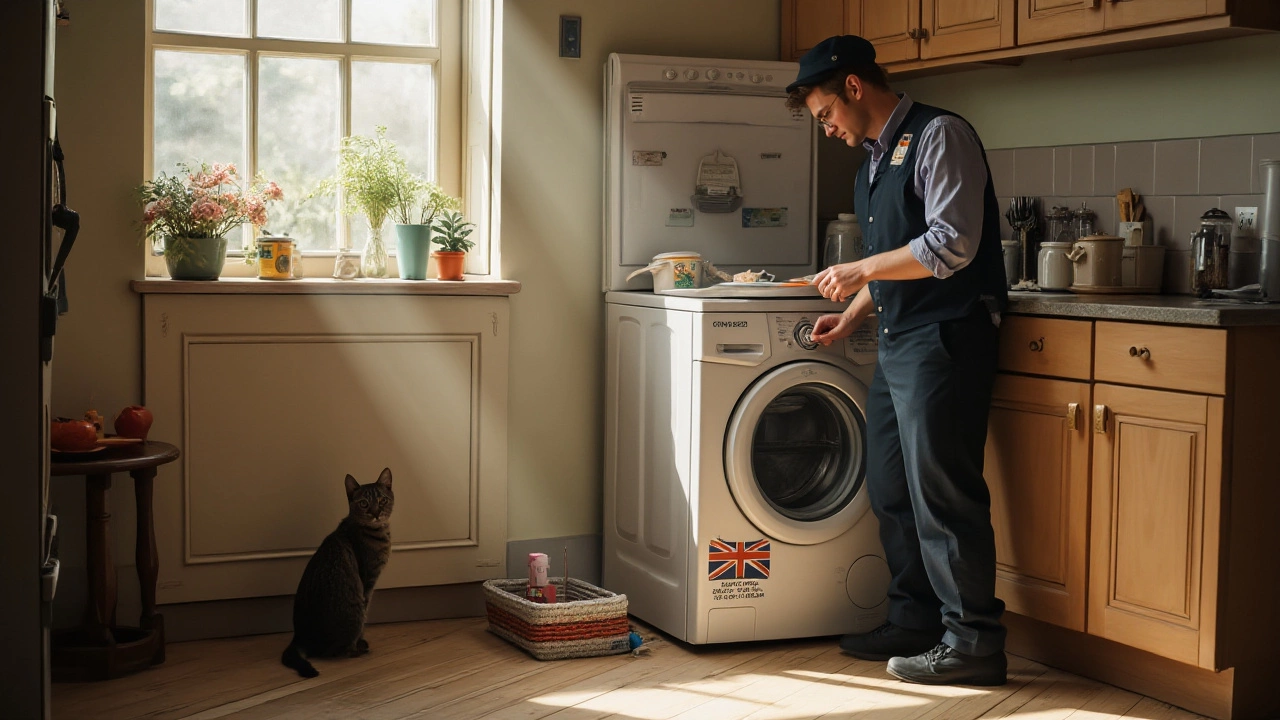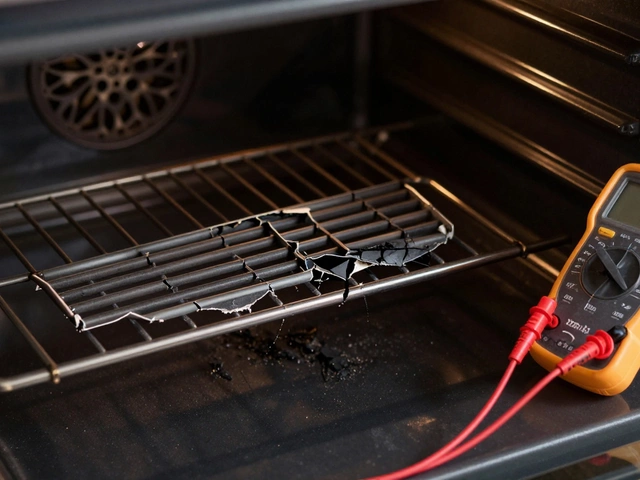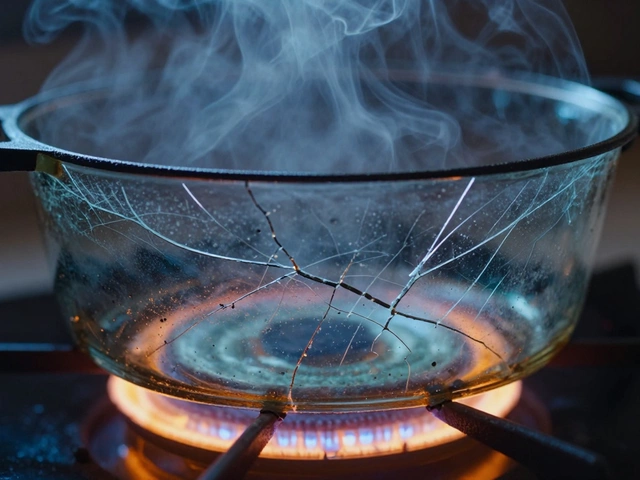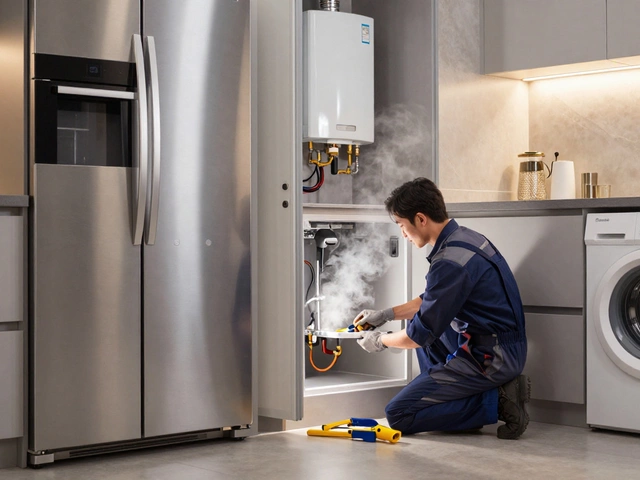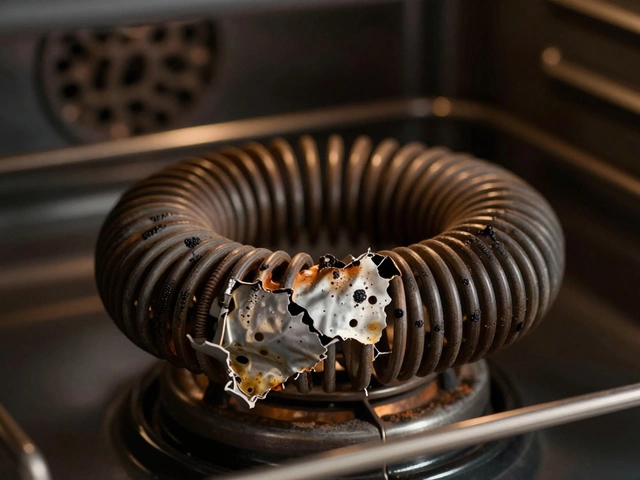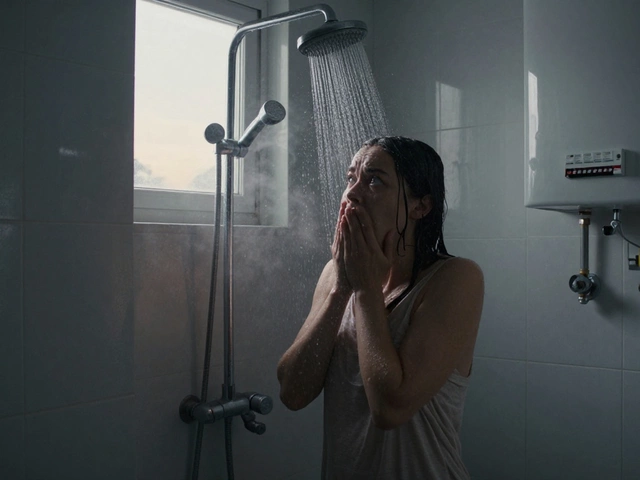Life Expectancy of Home Appliances – How Long Will Yours Last?
Every homeowner wonders how many years a fridge, oven or washing machine will keep working. Knowing the typical lifespan helps you plan budgets, avoid surprise breakdowns, and decide when a repair is worth it.
When you understand the life expectancy of each appliance, you can spot an early warning sign before it becomes a costly emergency. It also lets you compare the cost of a repair with the cost of a brand‑new unit.
We’ll look at the most common household appliances – refrigerators, freezers, ovens, stoves, microwaves, washers, dryers, boilers and heat pumps – and give you a quick snapshot of how long they usually survive.
Key Factors That Affect Lifespan
Even the best‑built appliance can die early if certain habits aren’t followed. Regular maintenance, like cleaning condenser coils on a fridge or descaling a boiler, removes the build‑up that makes parts work harder.
How often you run an appliance matters too. A dishwasher used daily will wear faster than one used a few times a week. Same goes for a washing machine that sees heavy loads every night.
Environment plays a role. Appliances in a damp basement or a hot attic experience extra strain, which can shorten their life. Proper ventilation and stable temperature help keep them running longer.
Lastly, the quality of the original installation can set the tone. A poorly installed extractor fan, for example, will struggle and may need a replacement sooner.
Typical Lifespan Ranges
Refrigerators and freezers usually last 10‑15 years. The sealed‑system and compressor are the most expensive parts, so if they fail after 12 years you might consider a replacement.
Ovens and electric stoves have a lifespan of about 13‑15 years. Elements and control boards tend to wear out first. If a 20‑year‑old oven still heats, a repair can be cheap, but older boards often cost more to replace.
Microwaves typically survive 7‑10 years. The magnetron is the pricey component; once it fails after nine years, replacement is often cheaper than a repair.
Washers and dryers hover around 10‑12 years. Bearings, belts and heating elements are the weak spots. A 10‑year‑old dryer with a failing belt may be worth fixing, but multiple issues can add up.
Boilers and heat pumps are built for the long haul – 12‑15 years for boilers and up to 20 years for heat pumps if serviced regularly. Ignoring annual maintenance can knock years off that range.
When an appliance hits the upper end of these ranges, compare the repair quote with the price of a new model. If the fix costs more than half the price of a replacement, it’s usually smarter to buy new.
Regardless of age, a quick visual check every few months can save you money. Look for rust, strange noises, or excess vibration. Catching a problem early often means a simple, cheap repair.
If you’re unsure whether a repair makes sense, give a local pro a call. Technicians in Hinckley can run diagnostics, give a clear cost estimate, and advise you on the best next step.
Knowing the life expectancy of your appliances puts you in control. Keep up with basic maintenance, watch for warning signs, and you’ll stretch the useful life of every item in your home.
12 January 2025
·
0 Comments
Discover how to extend the life of your tumble dryer with this informative guide. Explore the factors affecting dryer longevity, common issues that may arise, and practical repair tips. Learn essential maintenance practices and when it’s time to consider replacement. This article provides valuable insights to help keep your dryer running smoothly for years.
Read more

